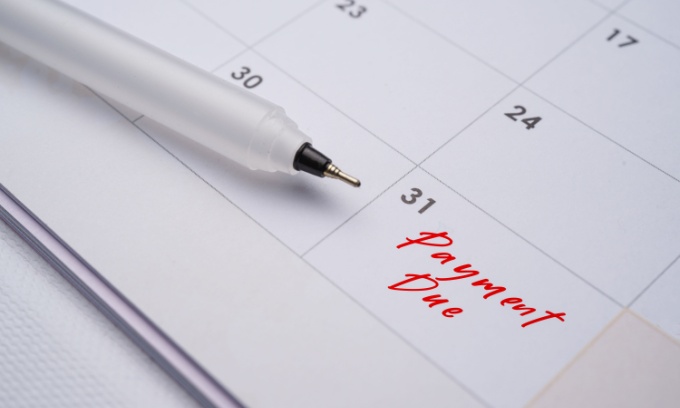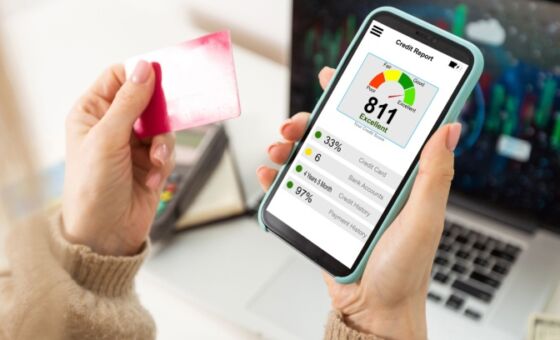In Canstar’s latest Consumer Pulse Report, Chief finance expert Steve Mickenbecker wrote that “credit cards remain the biggest debt trap for Aussies. Currently, there is $17.27 billion in personal credit card debt accruing interest in this country, which has risen by almost 3% year on year, according to the latest RBA Credit and Charge Card statistics.”
With the ‘buy now and pay later’ convenience of credit cards, many people miss credit card payments simply by forgetting about the due date. Here we take a look at what this could mean for your credit score.
Does a late credit card payment affect my credit score?
A late credit card payment may be recorded on your credit report, depending on how late the payment is. If you make a credit card payment more than 14 days after the due date, this can be listed on your credit report as a missed payment.
If your payment was less than 14 days late, this will not be recorded on your credit report as being late. However, you may still be charged a late fee by your credit card provider and be unable to take advantage of any interest-free period that applies. In other words, you would likely need to pay more in interest.
If the payment is $150 or more and at least 60 days overdue, a default may be listed on your credit report. Before listing a default, your credit provider must have sent you two separate notices requesting payment and letting you know the debt may be listed with a credit reporting body.
Both late payments and defaults can have a negative effect on your credit score.
How do late credit card payments affect my credit score?
The impact that a late payment could have on your credit score will depend on how late the payment was and whether it is part of a pattern of missed repayments, according to credit reporting body Equifax. For example, if you miss a number of payments, this could indicate that you are in financial stress and may negatively impact your credit score.
Visit Our Credit Score Information Hub
How long does a late payment affect my credit score?
Your repayment history, including any missed payments, will remain on your credit report for two years. Defaults are considered to be more serious and will stay on your credit report for five years. Defaults will remain on your report even after you have paid the overdue amount. However, the credit provider will update your report to show the payment has been made.
→ Related story: How long does it take to fix a poor credit score?
How to prevent late credit card payments
Paying your credit card on time can help you avoid late payment fees, take advantage of interest-free periods and may actually boost your credit score. Since the launch of comprehensive credit reporting, credit providers can share positive information with credit reporting bodies, such as when you make your payments on time.
Here are some tips to help you avoid late credit card payments:
- Know your payment due date. This should be listed on your credit card statement.
- Set up reminders. See if you can set up email or SMS payment reminders through your credit card provider, manually set notifications in your smartphone, or mark the date in a diary.
- Set up a direct debit. Check if you can also set up direct debits to pay your minimum payment each month.
In addition to taking steps to make sure you make the minimum repayment each statement period, it could also be beneficial to pay more than the minimum amount if you can. Paying your balance in full each statement period, can help ensure that you avoid paying interest on the purchases you have made using your credit card.
If you are likely to carry some debt on your credit card, you may want to consider switching to a low interest rate credit card. This can help to minimise the amount of interest you pay if you do not pay your closing balance by the due date.
If you are having difficulty meeting your payments, contact your credit provider to see what financial hardship assistance is available. You might also like to speak to a free financial counsellor. You can contact a financial counsellor by calling the National Debt Helpline on 1800 007 007.
→ Related story: How to close a credit card.
Cover image source: Capix Denan/Shutterstock.com








